Berlin’s techno culture made the news this week for being officially recognised as one of Germany’s intangible cultural heritages.
The United Nations Educational, Scientific and Cultural Organization (UNESCO) maintains lists of nationally recognised cultural traditions in countries around the world.
Including Berlin’s techno culture and five other recent additions, Germany now has 150 heritages on its list. These include cultural practices and expressions, as well as some ongoing projects that are registered as ‘good safeguarding practices’ for their efforts to preserve regional traditions.
READ ALSO: Berlin’s techno scene added to UNESCO World Heritage list
While some of Germany’s cultural heritages are to be expected – looking at you, beer brewing and bread culture. Many other items on the list are little known, and are specific to local places.
UNESCO divides cultural heritages into five categories: music and performing arts, customs and festive events, humanity and nature, traditional craftsmanship, and traditions in community life.
Here are five interesting German heritages (one from each category) that you may not have hear of:
Paper Theatre
Germany’s paper theatre tradition spans 200 years, and has experienced a renaissance since the 1980s. As you might expect, the practice of paper theatre could be compared to puppet theatre, but with sets and characters all constructed out of paper.
Stages are typically no bigger than a tv set, and paper theatre productions are known to combine historical and modern scenes, accompanied by live speech or audio recordings. It’s common for the audience to be invited to see the back of the stage after a show.
Today, paper theatre enthusiasts maintain an active scene in Germany, and even further throughout Europe, which includes festivals like the annual ‘Papiertheatertreffen’ in the northern state of Schleswig-Holstein.
Easter-Wheel-Run in Luegde
If you don’t have plans for Easter weekend, the Easter-Wheel-Run in Luegde in North Rhine-Wesphalia offers an exciting sight.
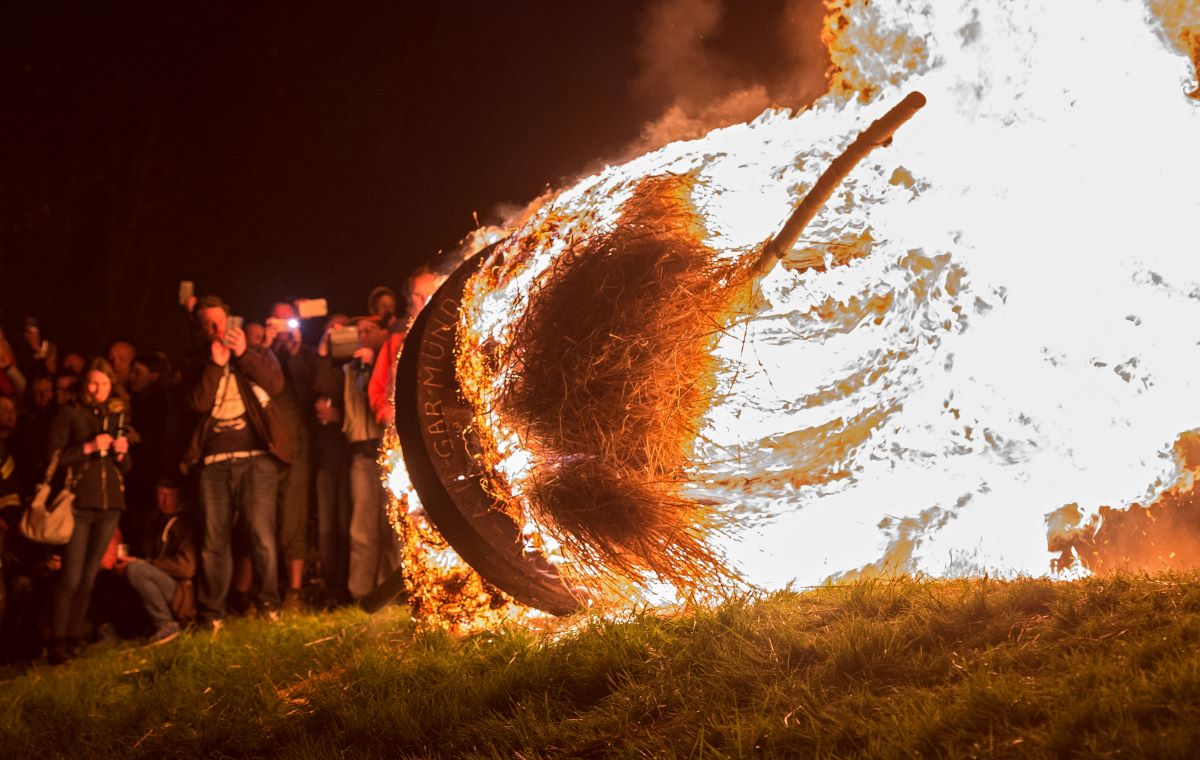
The event takes place on Easter Sunday Evening, and consists of burning oak wheels that are rolled down a hillside outside the historic city centre. The wooden wheels are stuffed with straw that is set alight, resulting in a brilliant ball of flame that engulfs the giant wooden wheels as they roll.
The oak wheels are soaked in the river Emmer before Easter Sunday to prevent the wood from catching fire during the process. The knowledge and skills needed to prepare the wheels for the event have been passed down from generation to generation.
READ ALSO: Why Germany’s Augsburg has been granted UNESCO World Heritage status
Palatinate Forest Hut Culture
In and around Pfälzerwald, non-profit local groups maintain a collection of huts, inns and refuges for hikers and travellers. In fact there are a total of 14 huts, 60 inns for travellers, and 10 refuges in Pfälzerwald and the neighbouring regions, according to UNESCO.
The tradition helps to keep hiking accessible and affordable, because hut and inn operators tend to operate with an emphasis on maintaining a charitable status. Management of each shelter is typically maintained on a voluntary basis.
By maintaining the outdoor shelter system, residents and travellers maintain related traditions, and share information on regional nature conservation. Being close to the border with France, cross-border exchanges also play a special role in Pfälzerwald hut culture.
Timber Rafting
Timber rafting involves transporting wood by waterway from areas rich in woodland to places where timber is harder to find. Long wooden rafts and fastened together, forming something like a wooden riven train, which is then steered down a riven with the use of long wooden poles.
In the past rafting in Germany played a significant role in meeting the country’s large demand for wood. From the Middle Ages until the second half of the 20th Century, timber rafting was practised commercially in Germany.
Since commercial rafting has come to an end, touristic forms of timber rafting are becoming increasingly widespread.
According to the International Association of Timber Rafting, beyond Germany, the tradition has also been practised in other European countries near and far, including: Austria, Czechia, Latvia, Poland and Spain.
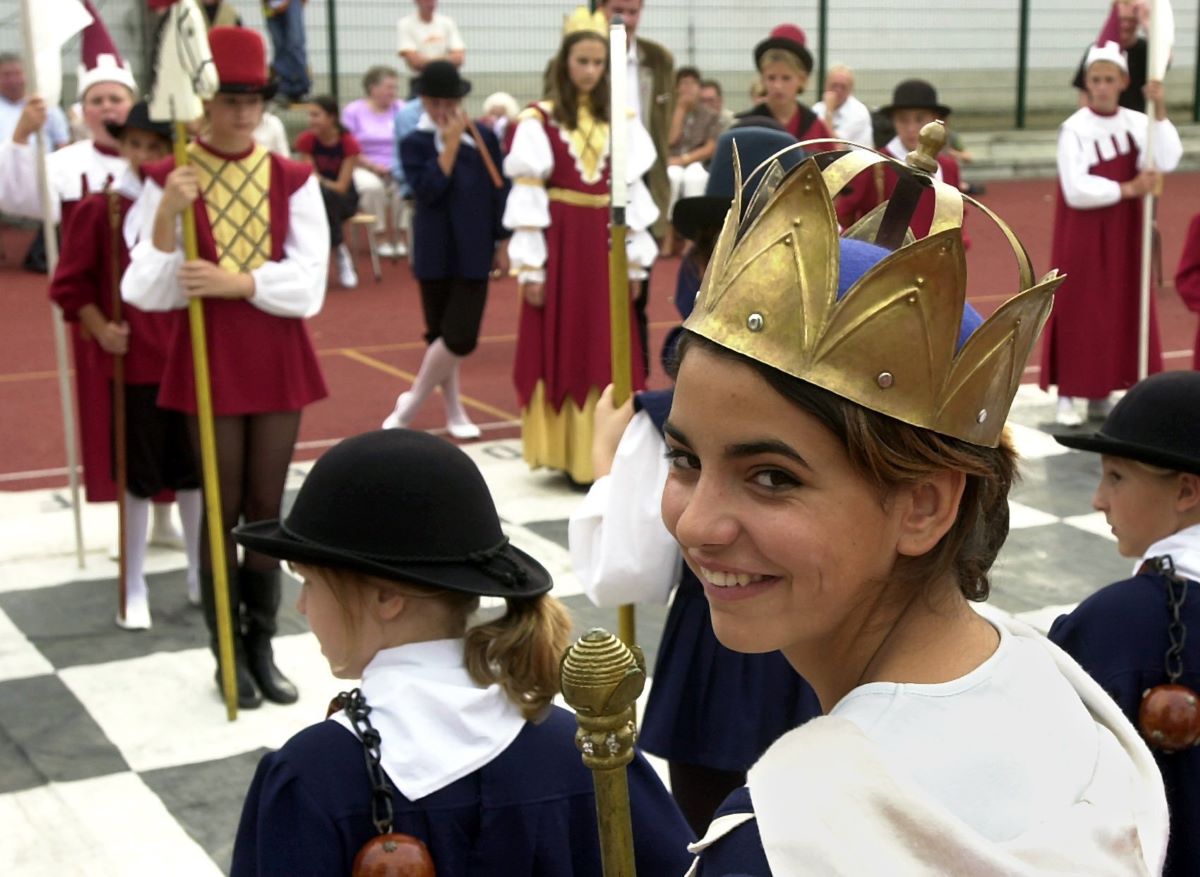
The Chess Tradition in Ströbeck
The history of chess can be traced back originally to India, but in Ströbeck village, in the city of Halberstadt in Saxony-Anhalt, the game has been played and honoured with specific traditions for centuries.
According to local legend, Ströbeckers have been playing chess since 1011. Additionally, it was only in the 19th century that the village switched over to international rules – before that the villagers had been playing by mediaeval rules.
A specific Ströbeck attraction is called “Lebendschach” (living or live chess), which is a game of chess played out by living figures. This tradition was introduced in the village in 1688, and consists of an ensemble presenting rehearsed or spontaneous chess matches, including chess dances and recitations.
According to UNESCO, in 2007 Ströbeck revived a chess-based wedding tradition, in which a groom plays chess against the mayor. If he wins the match, he wins his bride, if he loses the match, he pays a penalty to the municipality.
More information on these and other German cultural heritages can be found on UNESCO’s website.

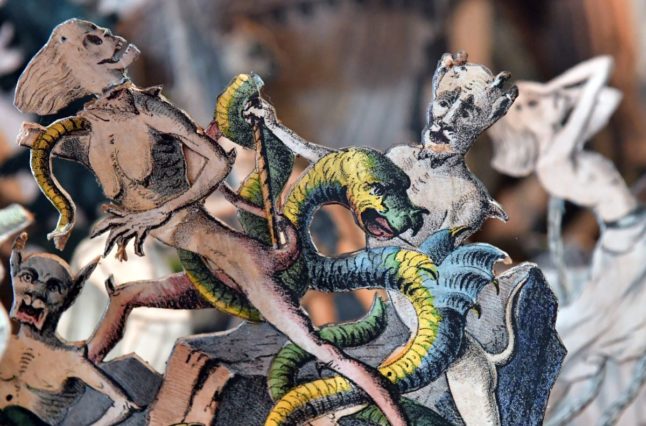
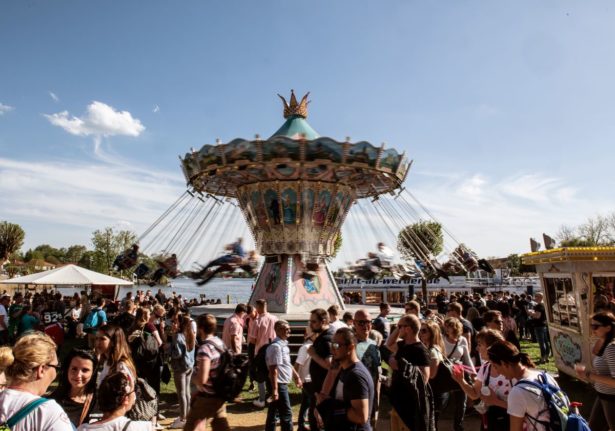
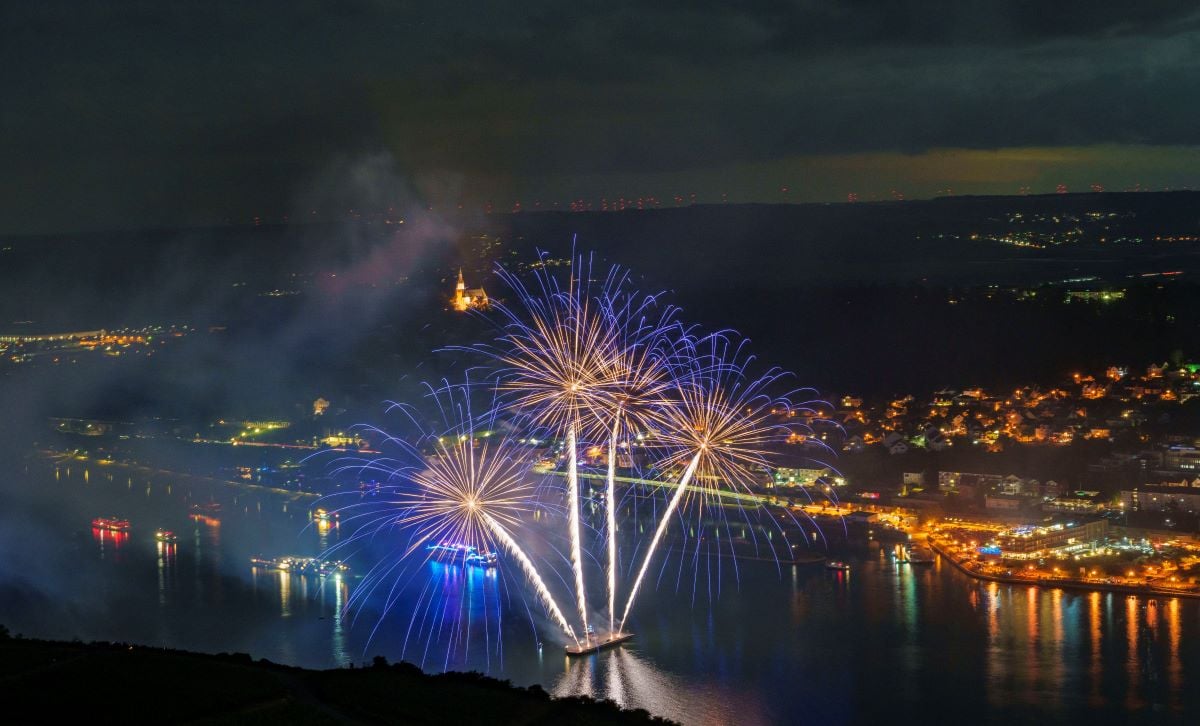
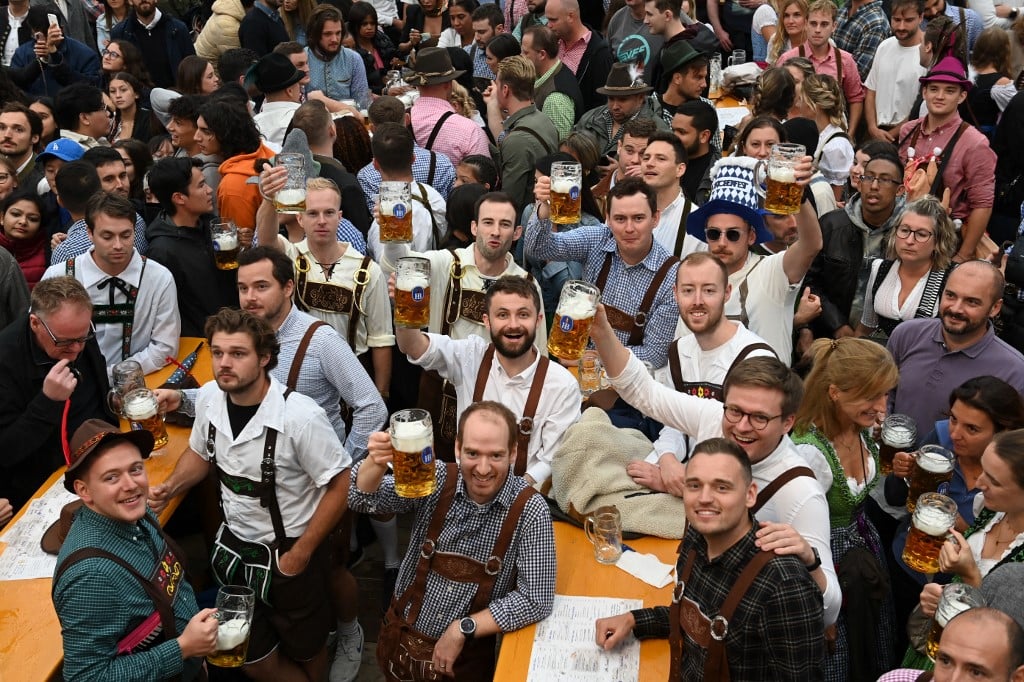
 Please whitelist us to continue reading.
Please whitelist us to continue reading.
Member comments